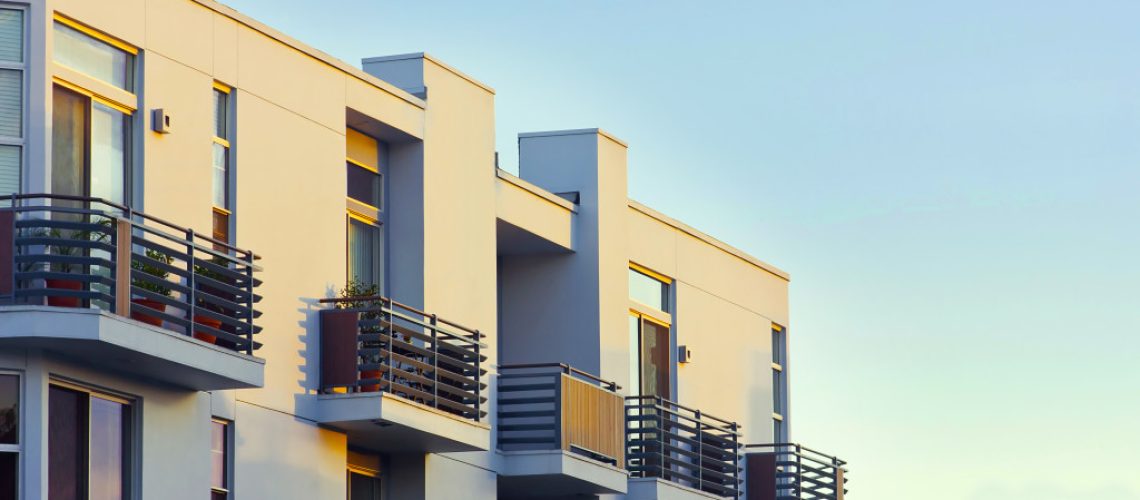A person has the right to feel safe inside their own home, even if they are only renting the property.
Landlords have, sometimes, high expectations of their tenants. Tenants have to follow a myriad of rules, whether they make sense or not, to take care of their unit and continue to secure their spot in the building.
However, landlords also have a responsibility to their tenants. The job of the landlord does not only include policing the behavior of the tenant and ensuring that everyone pays their lease on time. Their role in the transaction is much more.
Tenant Safety
The landlord is responsible for protecting tenants from harm, and they should do it in various ways.
First, the building itself must be safe. It must follow the local and national regulations and building codes. In the United Kingdom, the responsibility of the landlord includes gas, electrical, and fire safety. Property owners will need to conduct regular assessments to ensure that the residential building remains compliant and to prevent accidents that can endanger the lives of tenants.
It’s important that landlords ensure that reliable industry leaders conduct inspections on their property. For instance, Prop Cert carries out assessments and grants certificates to landlords to guarantee that their buildings are safe. Such companies employ experts who can check electrical safety, gas safety, energy performance, and a lot more. Moreover, it only takes the company an average of three days to complete a property assessment.
The landlord is also required to secure a tenant’s unit. All doors, for example, should have working locks. The windows should be impenetrable to intruders, too. Moreover, the front door should have, at the very least, a deadbolt lock so that no one can come in without the permission of the tenant.
In addition, the landlord should change a unit’s locks after the previous tenant has moved out. The next occupants should have a fresh set of keys that no one else has.
Finally, tenants also deserve to be able to walk around the residential building safely. Any outdoor space should have the appropriate lighting and should be monitored by security cameras. These spaces should also be free of potential hazards. The walkways, for example, should be clear, and there should be stable handrails around, especially if you have tenants who are in their senior years or are living with a disability.

Tenant Comfort
Providing comfort is also part of the responsibility of the landlord, even in ways that are less obvious. The primary example of comfort that tenants have the right to enjoy is proper heating during fall and winter. This also involves the necessity to respond as soon as possible when a tenant requests for repairs. After all, the tenant has to pay to use the unit. The landlord, therefore, should do their best to provide a comfortable space to live in. Even if the issue is not urgent, the landlord should give it attention, preferably within a week or two.
Moreover, the building should be peaceful. Tenants expect to be able to sleep in their homes uninterrupted. Everyone should be respectful of one another.
It might be helpful to discuss a schedule of curfew for quiet time. Discuss it with tenants and agree to have no loud music after 10 p.m. during the weekdays, for example.
A Clean Environment for Tenants
Tenants expect a clean living area. As a landlord, you would not need to provide a cleaning service to your tenants. However, everywhere outside of the tenant’s unit, especially common amenities, should be tidy.
The lobby and the corridors are the direct responsibility of the landlord. These spaces should be free of clutter and vacuumed regularly.
Outdoor areas should be well maintained, too. It should not be littered with rubbish or overgrown with grass and other vegetation. The lights should be functioning as well.
In addition, if rodents or cockroaches have infested a unit, the landlord should call pest control services to get rid of the critters as soon as possible. Delaying it will only allow the problem to spread to other units, terrorizing neighboring tenants and giving the building a bad rap. Pests may also carry diseases and make tenants ill. Therefore, it is best to get rid of pests before they cause damage.
A tenant promises to take care of their apartment unit, follow the rules, and pay on time. In exchange, they expect to be safe and protected while at home and be provided with a comfortable and clean living space. The transaction will only work if both parties know and accomplish their responsibilities.





